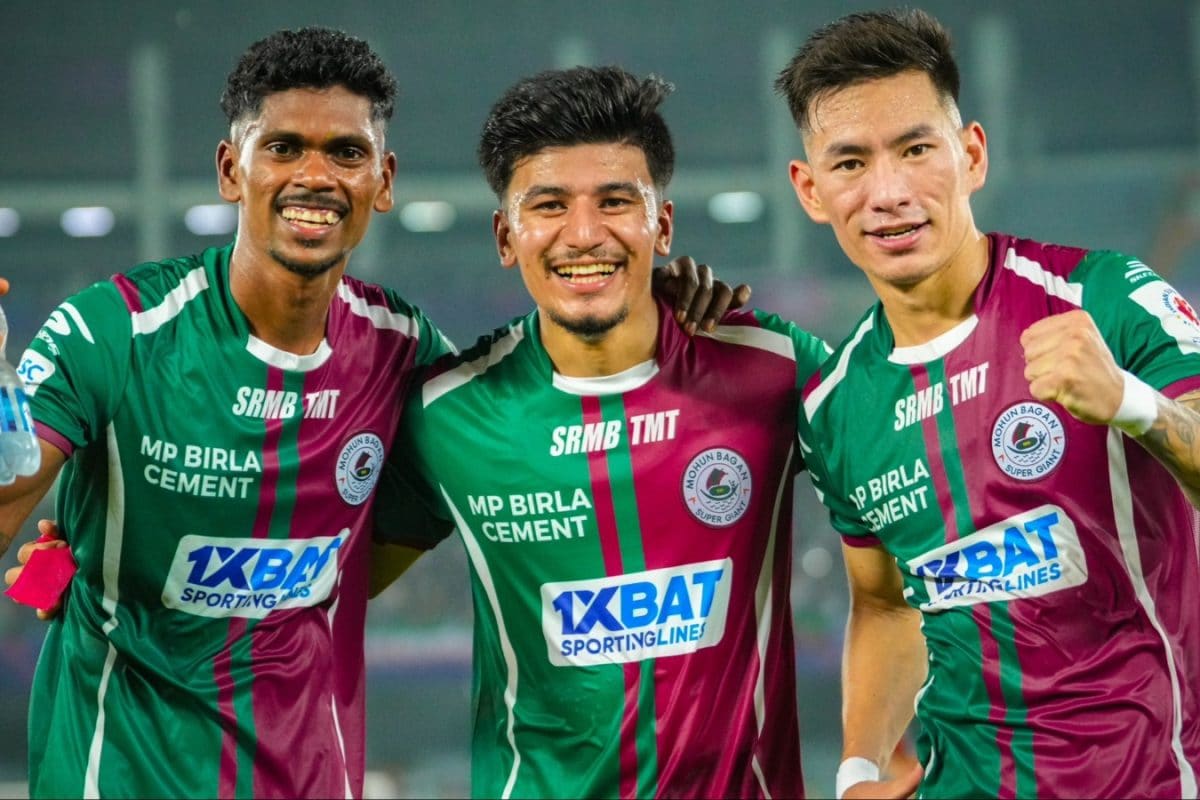

The future of the Indian Super League (ISL) is currently uncertain, with organizers informing clubs that the 2025-26 season will not commence without clarity on the Master Rights Agreement (MRA). This development has cast doubt on the league's immediate future and disrupted planning for numerous clubs.
The MRA is a crucial legal contract that defines the ownership and usage rights associated with the ISL. Football Sports Development Limited (FSDL), a joint venture between Reliance and Star, manages the ISL and acts as the commercial partner of the All India Football Federation (AIFF). A 15-year MRA was signed between FSDL and AIFF in 2010, stipulating that FSDL would pay the federation either ₹50 crore annually or 20% of the total revenue, whichever is higher. This agreement is set to expire in December 2025, leading to the current impasse.
According to sources, senior FSDL officials have been meeting with club owners individually, communicating that the ISL season will be put on hold until the future of the MRA is clarified. Finalizing the MRA is expected to be a complex and time-consuming process. The situation is further complicated by the Supreme Court's pending ruling on the new AIFF constitution, adding to the widespread uncertainty surrounding the league.
The AIFF's recently released calendar for 2025-26 notably omits the Indian Super League, adding fuel to the fire. While tournaments like the Durand Cup, Super Cup, I-League, and Indian Women's League (IWL) are included, the absence of the ISL is conspicuous. Launched in 2014, the ISL has grown to become India's premier football league, holding top-tier status since the 2019-20 season. Its omission from the calendar underscores the severity of the current situation.
The uncertainty surrounding the MRA renewal has already impacted ISL clubs, with many pausing new player signings and postponing pre-season activities. Some clubs are even reconsidering their participation in the upcoming Durand Cup, scheduled from July 23 to August 23. These disruptions highlight the critical role the MRA plays in the operational and strategic planning of ISL teams.
FSDL has reportedly proposed a restructured model for the league's governance, suggesting the formation of a holding company jointly owned by ISL clubs (60%), FSDL (26%), and AIFF (14%). This proposal indicates FSDL's willingness to remain involved in Indian football but with a revised framework.
However, the AIFF's approach to the MRA renegotiations has faced internal criticism. Instead of finalizing a term sheet by the end of April, the AIFF formed an eight-member task force to examine the matter, a decision opposed by some executive committee members, including former India captain Bhaichung Bhutia. The Supreme Court has also advised the AIFF against making any decisions on the MRA renewal until a final order is issued, expected after July 14.
The draft constitution of the AIFF suggests that India's top league should be managed directly by the AIFF, without assigning its roles to any other entity. This adds another layer of complexity to the MRA negotiations, as the AIFF may seek greater control over the ISL's operations.
As the December 2025 deadline approaches, all eyes are on the AIFF and FSDL to resolve the MRA impasse and secure the future of the Indian Super League. The outcome of these negotiations will have significant implications for the clubs, players, and fans who rely on the league for their livelihoods and entertainment.